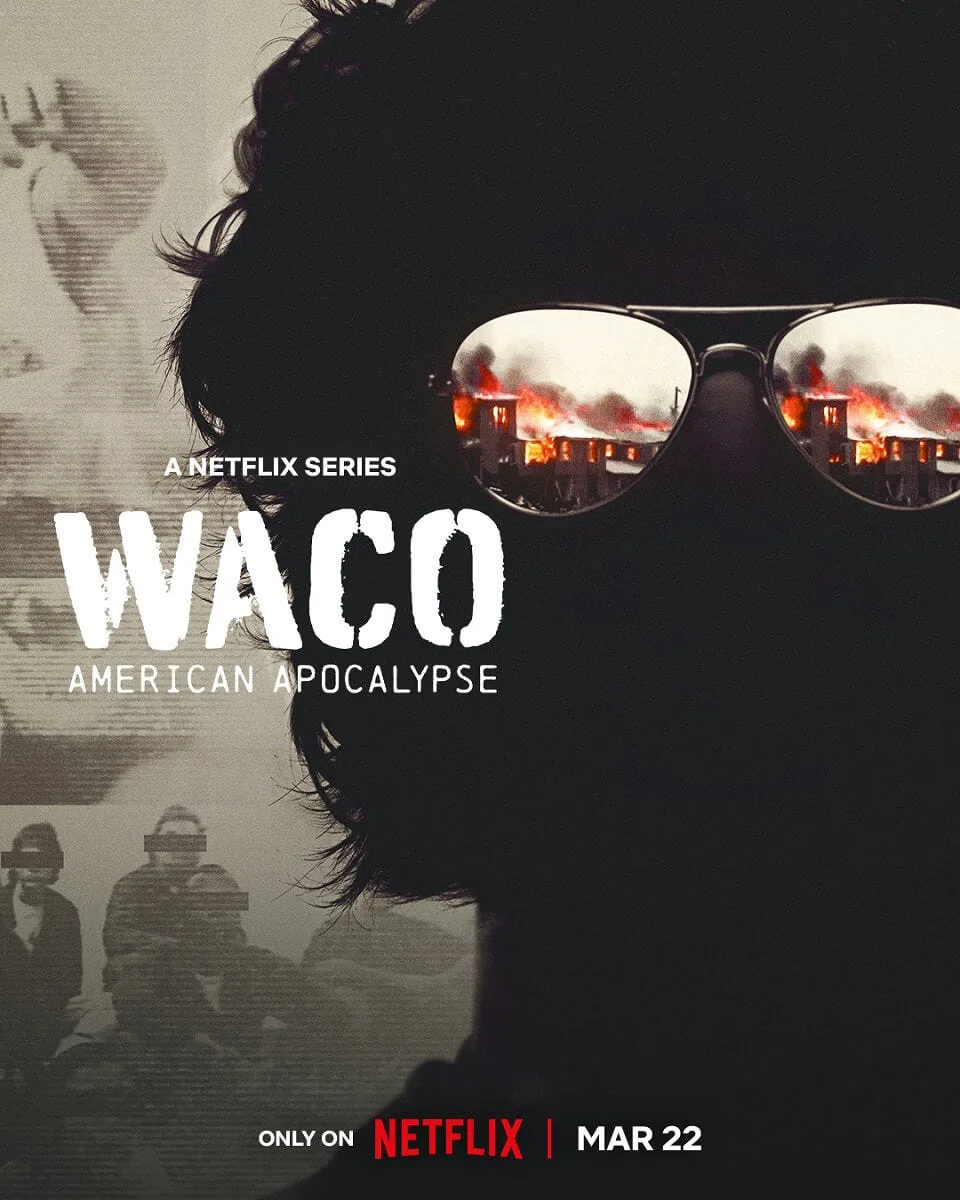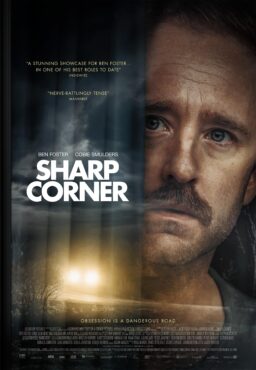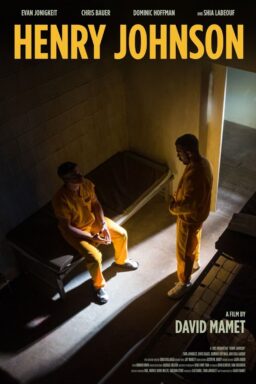Documentaries have a helluva war to wage against algorithm-fed attention spans, and the glut of documentaries in the streaming era. It’s an understandable problem only won in the short-term with such heavy-handed filmmaking seen in “Waco: American Apocalypse,” now on Netflix. Many modern docs (and doc series) begin with quick-cut, sensational thesis statements that promise the viewer what lies ahead. But “Waco: American Apocalypse” is more or less a 150-minute trailer, with the similar emotional investment of something desperate for you to watch, despite the intricate material, tough questions, and expansive grey areas that come with retracing what happened in Waco, Texas in 1993.
Minutes after the first episode slams “DIRECTED BY TILLER RUSSELL” on the screen, “Waco: American Apocalypse” gets into the 51-day standoff between heavily armed cult leader David Koresh, his Branch Davidian followers, and American armed forces. At first, it was about ATF agents following through on a warrant for illegal machine guns. A horrific shootout soon followed, with dead and wounded on both sides. For the ATF, it was an eye-opening surprise about what type of force and firepower lay within the Mount Carmel compound. For Koresh, 33, it was a prophecy. He had been calling himself Jesus Christ to his flock of approximately 100 people and had been hyping them about defending themselves during an apocalypse, one that was brought to their door.
This chaos is recreated for the viewer with multiple accounts, including that of a local reporter who was there when the shooting started, thinking he would get some footage of an arrest before going about his day. “It was like going to a theater and watching a war movie … but it was real life,” says another talking head. Russell uses never-before-seen footage and creates some immersive intrigue, but then lays that war movie on thick with editing and gunshot sound effects. Sometimes the score goes “BRAHM!” like a Hans Zimmer motif; at one point, it goes “DUN-DUN-DUN-DUNDUN!” like the jingle from “The Terminator.” The violence in this first episode is horrifically real life, but the filmmaking is gross on its own, like when it flashes one woman’s childhood self over her current face as she speaks about watching someone die in the compound.
Understandably, the series wants to chronologically focus on the experience of what happened around the Mount Carmel compound, but in purporting to be about both sides of the stand-off, it feels as if it has skipped an episode. Branch Davidians like Kathy Schroeder (a mother whose kids were released early) and David Thibodeau (who stayed until the fiery end) are interviewed but given little time to explain how they ended up there, why they so desperately wanted to stay, or how they were able to survive as long as they did in Mount Carmel. That feeling becomes more glaring when a producer plays for former Branch Davidian Heather Jones the last phone call with her father, who died in the compound. The scene would be more powerful if its sole purpose weren’t just to see her well-up and gobsmacked; her consent to listening to the recording doesn’t make the extraneous plot beat any less cheap. The horrific nature of Koresh’s ascent to power, including manipulating a cult that had already been in place since 1955 and which later helped him sexually abuse children, is treated with the same cursory nature.
The men who represent the flawed law and order within “Waco: American Apocalypse” get a little more care—they speak tearfully about what went wrong and the friends who didn’t make it. But this emotional moment from episode one is then hollowed out by the pseudo-music video that follows, in which a weepy country ballad offers a tribute. Everyone’s vulnerabilities in “Waco: American Apocalypse” are handled like one would move pieces on a chessboard.
The three-part series struggles to dig into the ideas that lead to something like Waco, including that of militia mentalities or even the manner in which an American like Koresh could have obtained his arsenal. “Waco: American Apocalypse” is instead satisfied to exist only as a clumsy study of the tactics put into play by American forces, hoping to save the children, prevent more loss, and stave off nightly news horror. Russell and his talking heads illustrate how tactful efforts were made by negotiators to convince Koresh and others to play ball, but those were thwarted by aggressive acts from the FBI and the Hostage Rescue Team. There are so many questions we’ll never know about just how close the Branch Davidians might have been at certain times to surrender, but “Waco: American Apocalypse” at least offers a nuanced survey of how torture-like tactics (blasting music and sound effects for 24 hours) or threats of captivity (arresting mothers after they were promised a reunion with children) made those bridges of understanding even less likely. The thinking about it is so ugly that, after everything, an FBI agent claims that they were the ones being held hostage, not Koresh and his followers.
“Waco: American Apocalypse” arrives 30 years after these events took place, and in its wiser moments, it makes clear just how unusual this scenario was for armed forces and rapt media. But Russell’s series only offers fuzzy hindsight—it does not suggest we’ve established a more tactful way to understand these experiences but found another flashy way to package a sensational true story.
Now playing on Netflix.




















